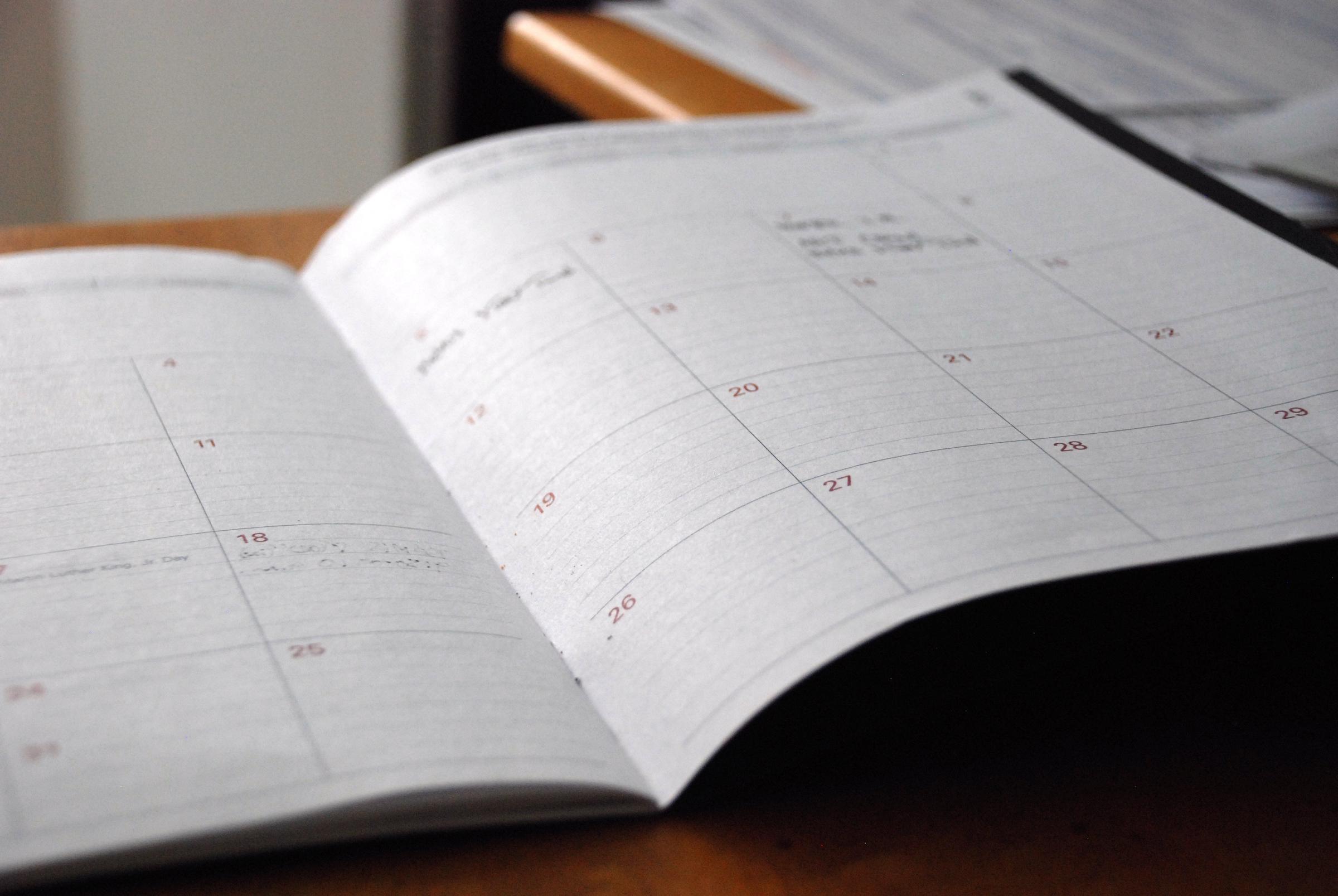Attention Parents and Carers

Attention Parents and Carers
Recently it seems that some of our students are less able to manage conflicts in the yard independently. Instead of communicating their needs in a calm and respectful manner, some students are allowing their emotions to take control and are “reacting” inappropriately instead of “responding” mindfully when issues arise.
Research shows that alongside the important academic knowledge and skills that allow our children to become literate and numerate, an ability to self-regulate emotions is essential for students’ overall development and lifelong success. The ability to manage our emotions and behaviour in line with the demands of any situation is a part of everyday life. These skills help us to make positive decisions for ourselves and others regardless of what is happening around us. e.g. making it till the end of the birthday party for the cake to be served or not hitting their friend so as to have an enjoyable playdate. They also help us to manage anxiety, anger and fears. Essentially, emotional regulation skills determine how we manage incoming and outgoing stress.
When our child is unable to self-regulate and manage their emotions, often our own stress response is to move away, when in fact what’s desperately needed from us when helping our child deal with anger and other intense emotions is for us to move toward them. These 6 research-based actions are recommended to improve your child’s emotional regulation skills with time.
1: Model positive emotional regulation skills for your child.
It should go without being said, but your child is almost always watching more than listening. How you identify and respond to the stressors in your daily environment will be the best teacher and example when it comes to how to help an emotionally intense child.
2: Help your child be a stress detective.
All children have particular situations, environments or sensations that create excessive stress for them, whether it be the common scenarios of lack of sleep and hunger or more particular things such as sensitivity to loud noises or transitioning away from electronic devices. Discovering our emotional triggers is also one of the most common anger management activities for kids.
3: Empower your child with knowledge.
Talk about the bodies ‘anger warning signs’. How do your emotions manifest physically in your body? Do your palms get sweaty? Maybe you notice your heart pounding? Helping kids notice the physiological signs of anger is the first step in promoting concrete internal signals that promote self-awareness.
4: Teach the basics of emotional intelligence.
Emotional Intelligence is defined as the ability to recognize, understand and manage our own emotions and the emotions of others. Emotional intelligence concepts and vocabulary are a huge part of emotional regulation. Identifying emotions is the first step to working through them, so teaching kids that there are MANY different emotions and labels for various emotions, allows them to take the first step of working through them.
5: Explore coping strategies together.
The next step after identifying the emotion is helping them find healthy and productive outlets for their intense emotions. A few questions to get you thinking about what soothes your child: Is there a particular space your child finds calming? Where do they run when upset or frustrated? Do they seem to calm with physical touch or appear to avoid it? Do they prefer to be around others or respond better to quiet solitude?
6: Mindfulness and breathing practice.
Firstly, our bodies and minds are inextricably linked so some very simple things parents can do to help a child with self-regulation are keeping consistent routines, meals, and bedtimes. Incorporating simple mindfulness practices into the day is an amazing calming strategy children can use anywhere at any time. There is a lot of research showing us the power of taking good quality breaths and how this soothes and calms our nervous system.